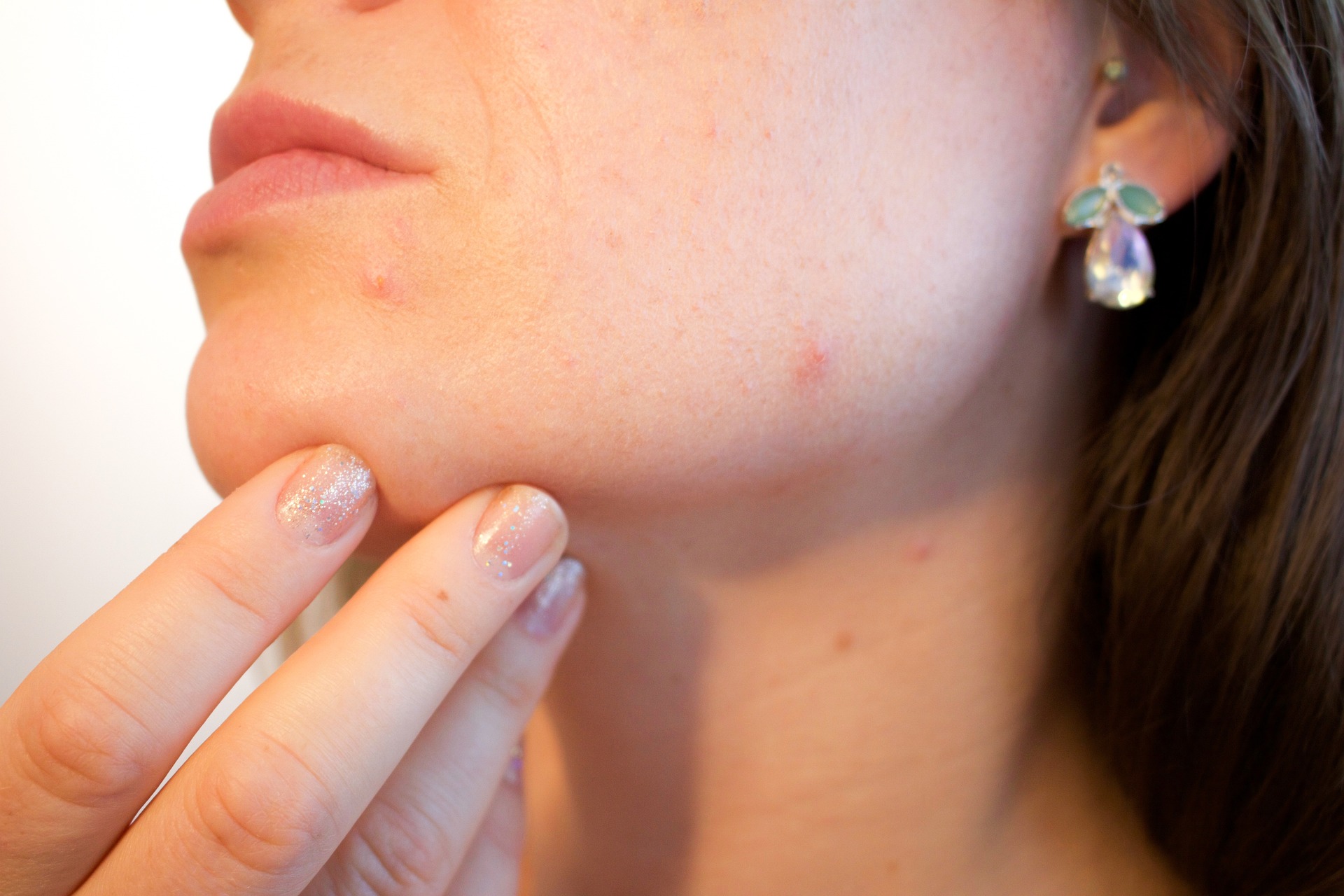Pimple Popping Can Cause Scarring – Here’s What Doctors Recommend Instead
Popping pimples is incredibly tempting for many people. There’s something satisfying about getting rid of a pesky zit. However, popping pimples incorrectly can lead to scarring and other skin issues. That’s why it’s essential to understand the risks of popping pimples and learn what dermatologists recommend instead.
The Risks of Popping Pimples
Popping pimples may provide temporary satisfaction, but it comes with several risks:
– Scarring – Picking and popping pimples can damage the skin and lead to different types of scarring, such as ice pick, boxcar, and hypertrophic scars. Scars occur when the dermis (deeper layer of skin) is damaged during the pimple-popping process.
– Infection – When you pop a pimple, bacteria and pus can spread into the surrounding skin. This can lead to more pimples or infections. Your fingers also bring bacteria when you squeeze pimples, increasing infection risk.
– PIH – Picking at pimples can cause dark spots, known as post-inflammatory hyperpigmentation (PIH). This happens when trauma to the skin from popping pimples leads to excess melanin production. The dark spots tend to last several months.
– Slow healing – Incorrectly Popping pimples can damage the skin and delay natural healing. The pimple ends up taking longer to heal.
– Bleeding and redness – Aggressive popping can rupture capillaries and lead to redness and bleeding. This can increase inflammation.
– Swelling – Harsh squeezing of pimples can damage tissues and promote fluid buildup and swelling. A popped pimple may look even more prominent.
– Spreading breakouts – The pressure applied during popping can push bacteria, oils, and pus deeper into the skin. This can spread acne to other areas.
Dermatologist Recommendations for Pimples
Instead of popping pimples on your own, dermatologists recommend the following tips for clear skin:
– Hands off – Do not pick or pop pimples, as this often worsens the problem and causes scarring. Allow pimples to heal on their own whenever possible.
– Cleanse gently – Use a mild, fragrance-free cleanser twice a day. Harsh scrubs and cleansing can promote inflammation.
– Moisturize – Moisturize skin to avoid excess oil production that clogs pores. Look for oil-free, non-comedogenic moisturizers.
– Use acne treatments – Products containing benzoyl peroxide, salicylic acid, or retinoids help clear pimples and prevent new ones. See a dermatologist for prescription-strength treatments.
– Avoid makeup and hair products – Cosmetics and hair gels/sprays can clog pores and worsen acne. Stick to oil-free makeup and cleanse properly.
– Watch what touches skin – Cell phones, pillowcases, and hands can transfer dirt and bacteria to the face. Keep skin clean and avoid resting phones on the face.
– Shower after exercise – Sweat and oils after a workout can clog pores. It’s vital to wash up afterward.
– Treat large pimples carefully – Larger cysts should not be squeezed under the skin. See a dermatologist for cortisone injections to reduce the size.
– Do not use sharp objects – Never try to pop a pimple using needles or sharp tools. This poses a high risk of infection and scarring.
– Use hydrocolloid patches – These small dots help draw out pus and fluid from pimples overnight without popping.
– Address underlying causes – Hormonal imbalances, stress, medications, diet, and other factors can trigger breakouts. A dermatologist can help identify and treat the root issue.
– Consider in-office treatments – Dermatologists offer pimple draining, steroid injections, and laser treatments to clear bumps without scarring.
What Does Proper Pimple Popping Look Like?
Most dermatologists advise not to pop pimples. But if you have a mature, ready-to-drain whitehead, they provide this proper technique:
– Clean hands and use two cotton swabs to gently press on either side of the pimple to push out contents. Never use fingers.
– Do not squeeze hard or crush the pimple. Apply light pressure only.
– Stop if it does not pop easily. Forcing it will cause trauma.
– Do not try to remove any remaining pus/skin plug after drainage. This damages the skin.
– Apply an antibiotic ointment after to prevent infection.
– Never pop or drain pustules (small, pus-filled bumps), nodules, or cystic acne. This often worsens them.
– See a dermatologist for large, painful red bumps on the face or body.
The Bottom Line
While popping pimples can be satisfying, it can cause scarring and cause more significant problems. That’s why dermatologists caution against picking and recommend seeing a professional for severe acne issues. Following a proper skincare routine and using acne treatments is the best way to clear and prevent breakouts without causing damage to your skin. The next time you feel a pimple coming up, try to keep your hands off and let it heal safely. Your skin will thank you.
